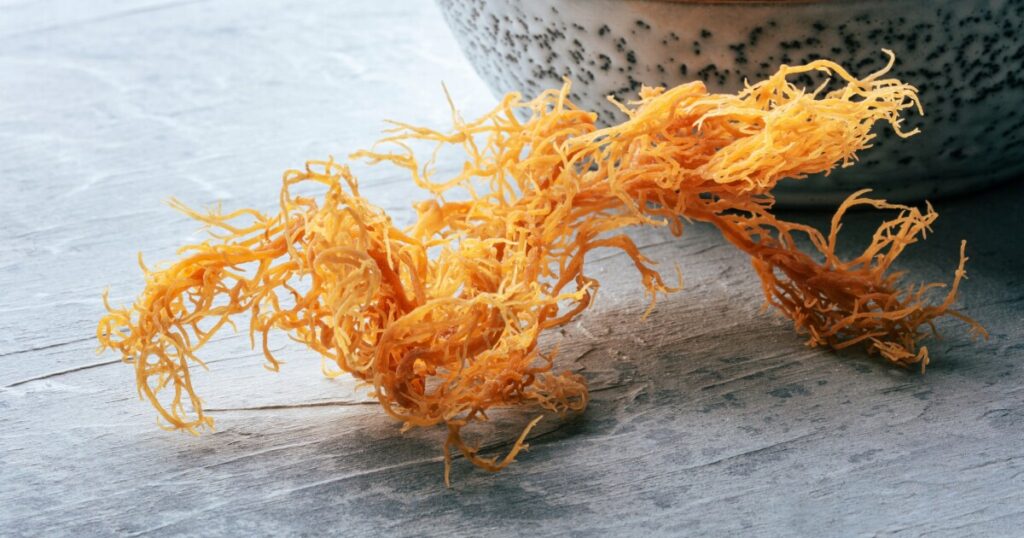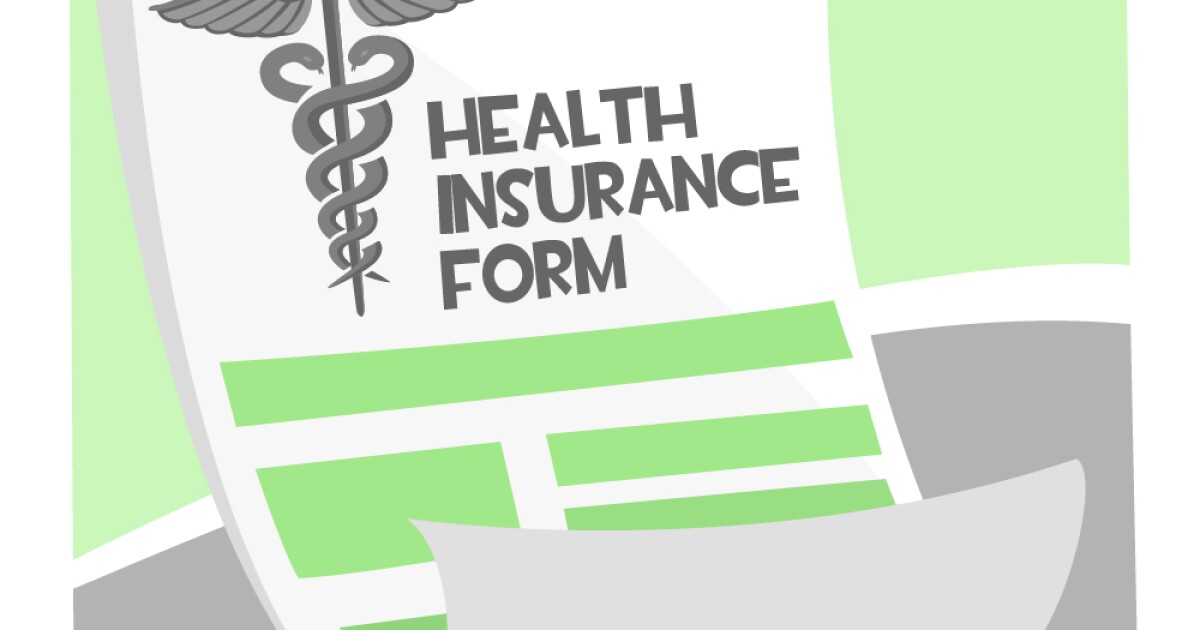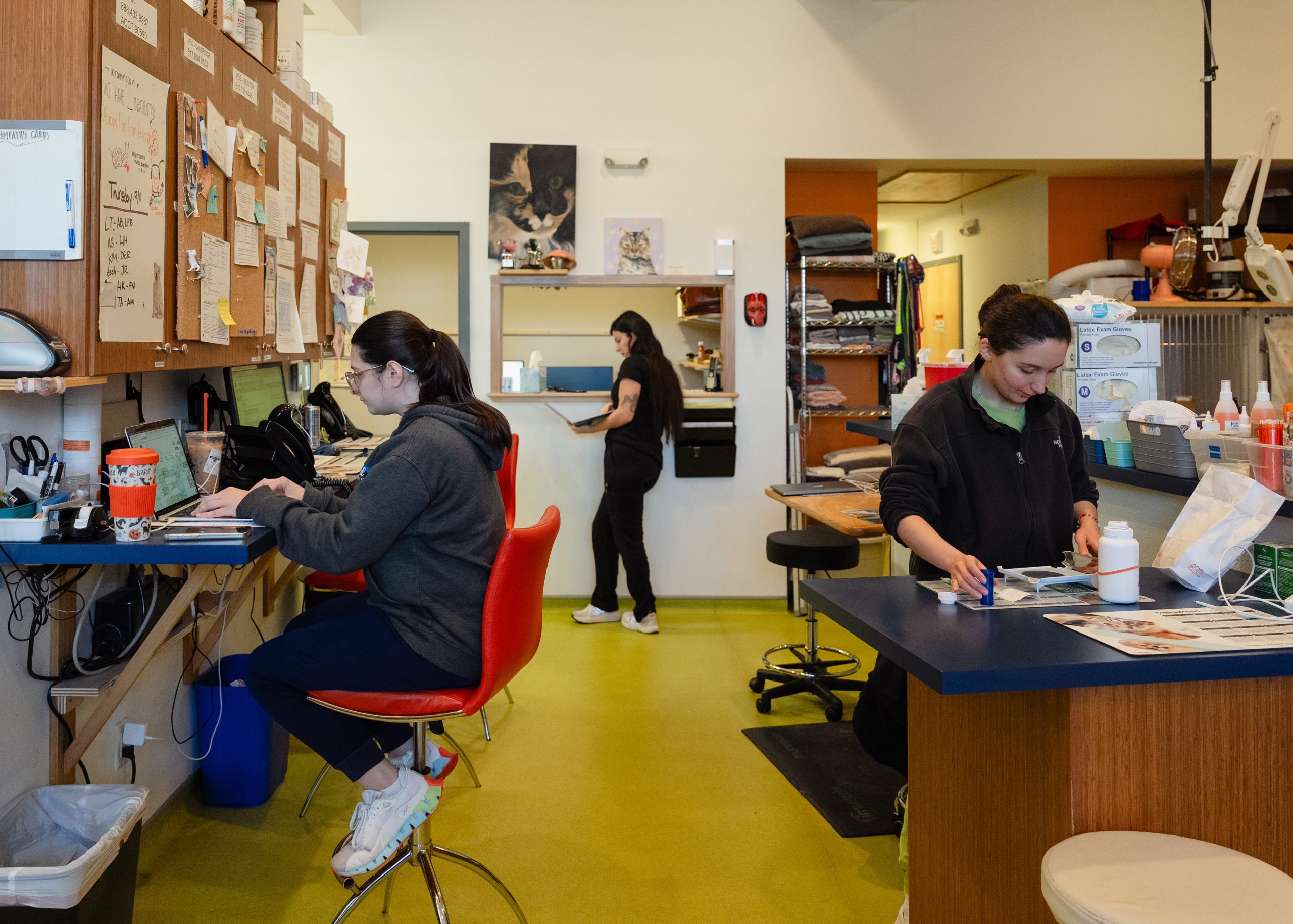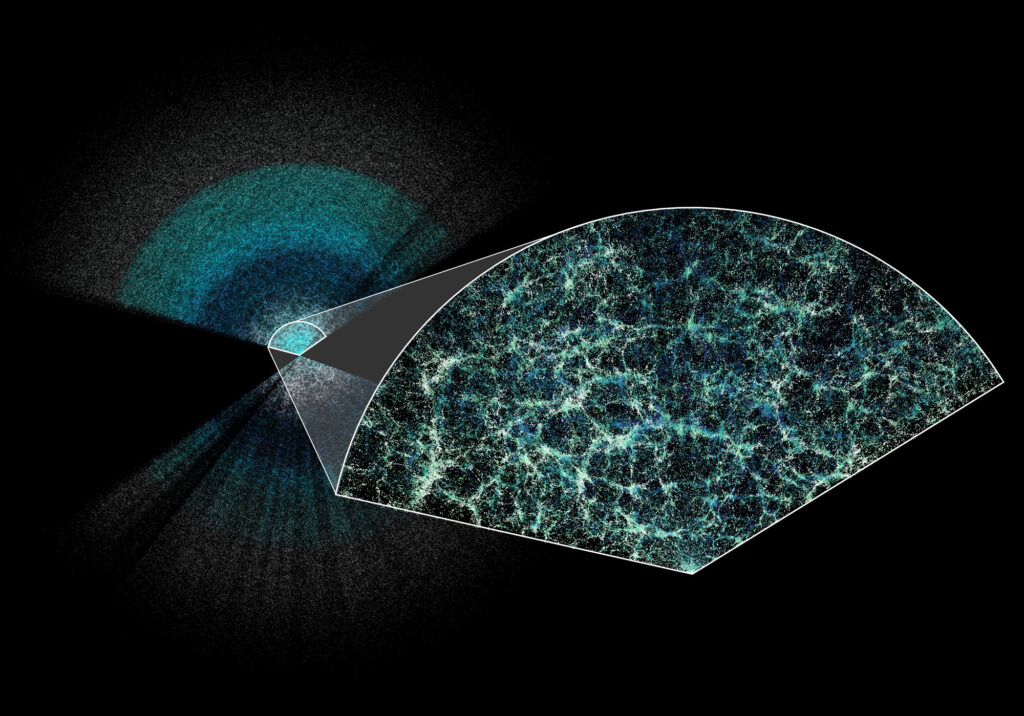Imagine a natural product from the ocean that promises enhanced well-being, ranging from improved gut health to radiant skin. This is sea moss, a superfood gaining traction on social media platforms.
Sea moss, encompassing various types of red seaweed, flourishes in the North Atlantic, particularly near Ireland, and in the warmer Caribbean waters, according to Vanessa King, a registered dietitian. For years, it’s been harvested for carrageenan, a thickening agent found in many foods.
Today, sea moss is available in many forms, from pills and powders to gels and gummies. Influencers and celebrities like Kim Kardashian and Hailey Bieber have contributed to its popularity, with the global market expected to reach nearly $3 billion by 2030, based on Grand View Research.
The Claim
On TikTok, users claim sea moss can clear acne, enhance skin glow, aid digestion, increase energy, and assist weight management. In the Caribbean, it’s also marketed as a libido booster.
The Evidence
Despite its historical use for health and beauty, scientific research is limited. “We still don’t have much research to support the health claims that our celebrities are endorsing,” says King. Most claims are based on animal studies, which may not apply to humans. Dr. Melinda Ring of Northwestern University notes the trials on humans are small and short-term.
Sea moss does offer benefits as a rich source of fiber, antioxidants, and minerals like zinc, according to Ring. However, these nutrients are also available in other foods. “So can it be potentially beneficial? Yes,” Ring says, but it’s just one of many healthy options.
The Risks
Excessive sea moss consumption can accumulate heavy metals like arsenic, lead, and mercury, particularly if sourced from polluted waters, according to Ring. A June study highlighted these risks. Additionally, sea moss’s high iodine content can affect thyroid health, and its vitamin K can interfere with blood thinners.
If You Want to Try It
Powdered sea moss may contain harmful levels of metals, as one study found high cadmium and lead levels exceeding California’s limits. Thus, Ring advises consuming sea moss in whole or gel form for more fiber and reduced risk.
Supplements are less regulated by the FDA, King warns, so choose third-party tested products to ensure authenticity.
The Bottom Line
For those curious about sea moss, King suggests cooking with it instead of taking supplements. However, ignoring the trend is also a valid choice, says Diana Guevara. “It really is just that whole lifestyle of including more fruits, more vegetables, more whole grains,” she advises for balanced health.
Copyright 2025 NPR
—
Read More Michigan News










